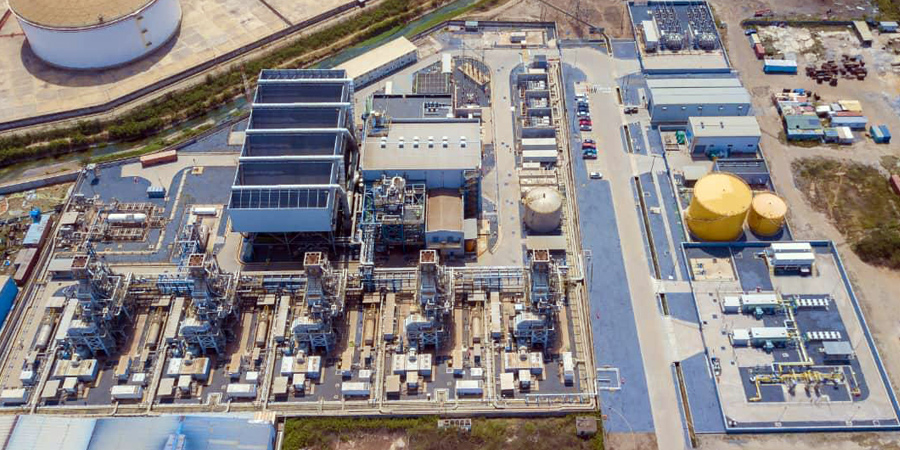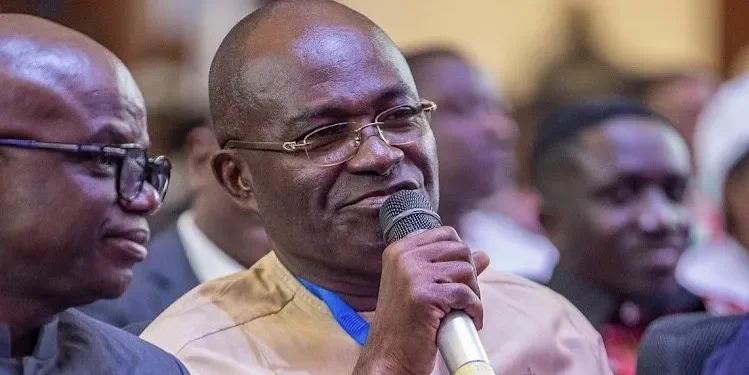Ghana’s energy sector is in the midst of a radical transformation as the government, under President John Dramani Mahama’s leadership, embarks on a sweeping agenda to position the country as a leading regional energy hub.
Since returning to office in January 2025, President Mahama has set in motion a series of large-scale projects designed to modernize the nation’s energy infrastructure and maximize the value of its hydrocarbon resources.
As part of a comprehensive strategy, the Deputy Minister for Energy and Green Transition, Richard Gyan-Mensah indicated that plans are underway to construct three new oil refineries, five hydrochemical plants, and ten tank farms.
These initiatives represent a major scale-up from the current energy landscape and are aimed at strengthening Ghana’s capacity to process and use its petroleum resources domestically.
“The planned facilities will significantly strengthen Ghana’s capacity to process and utilize its petroleum resources on home soil.
“This is not only about enhancing our energy security but also about creating employment and boosting local value addition.”
Richard Gyan-Mensah, Deputy Minister for Energy and Green Transition
A key milestone in this expansive plan is the acquisition of a 20,000-acre tract of land in Jomoro within the Western Region.
The vast space will provide ample room for the new refineries, hydro chemical plants, and tank farms, setting the stage for an integrated energy infrastructure that could serve as a model for the region.
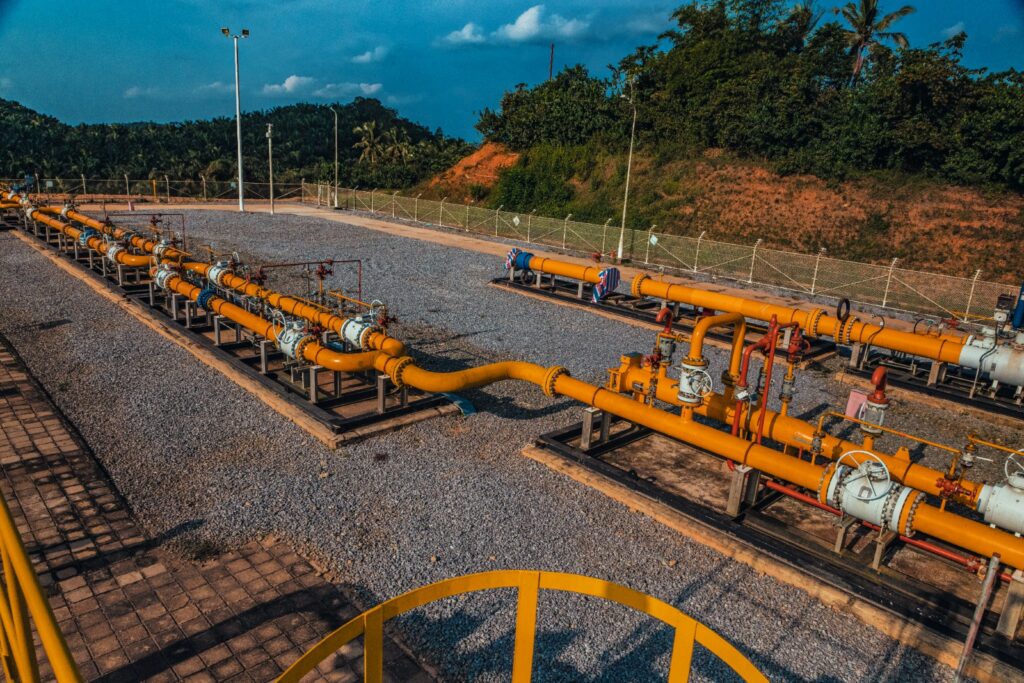
The new refineries are set to mark a dramatic improvement in Ghana’s refining capacity. Each of the three proposed refineries is designed with a minimum processing capability of 300,000 barrels of oil per stream day.
This is a sharp contrast to the existing state-of-the-art at facilities like the state-owned Tema Oil Refinery (TOR), which currently only processes 45,000 barrels per stream day.
“These new refineries will not only meet local demand but also position Ghana as a major refining center in West Africa.
“They are being designed to operate with modern technology and greater efficiency, overcoming the bottlenecks that have plagued TOR and other existing facilities.”
Richard Gyan-Mensah, Deputy Minister for Energy and Green Transition
The Tema Oil Refinery, as well as the Sentuo Refinery, have been beleaguered by operational inefficiencies, maintenance challenges, and financial mismanagement over the years.
The substantial scale-up in refining capacity is expected to not only meet domestic demand more effectively but also reduce the country’s longstanding reliance on imported refined products
Energy Sector Sustainability
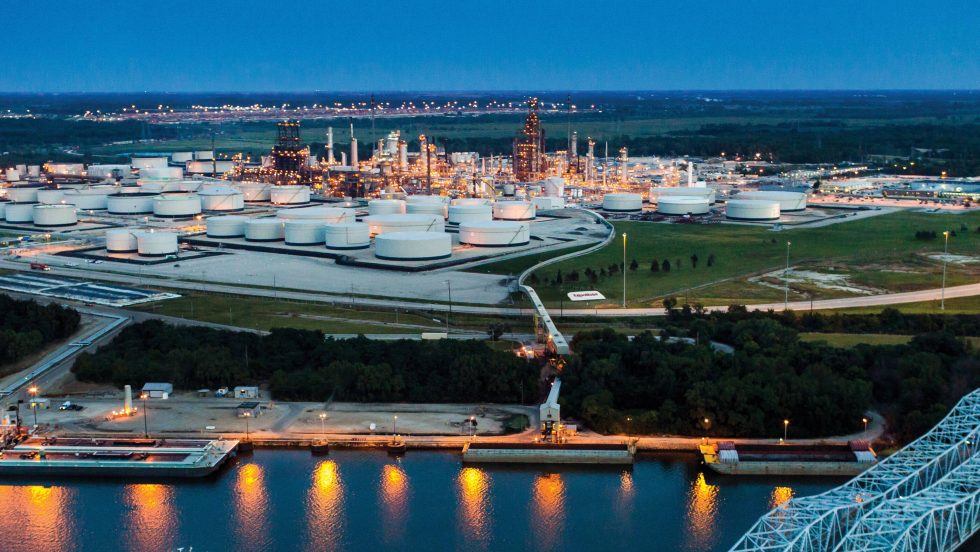
In addition to refining, the establishment of five hydro chemical plants and ten tank farms is designed to complement ongoing upstream exploration and development projects.
These facilities will broaden Ghana’s industrial base and support the production chain from extraction to end-use, thereby increasing overall energy security.
The infrastructure development is part of a broader Petroleum Hub project, first commissioned under a previous administration but reinvigorated by the current government.
Beyond refining, the government is also focusing on expanding the nation’s gas processing capacity.
A new 150 million standard cubic feet per day (mscfd) gas processing plant is planned to meet rising demand across several industrial sectors, including power generation, cement production, and petrochemicals such as fertiliser, alumina, and methanol.
“With additional gas volumes expected from the country’s producing fields and emerging sedimentary basins, it is imperative that we expand our processing infrastructure to support industrial growth.”
Richard Gyan-Mensah, Deputy Minister for Energy and Green Transition
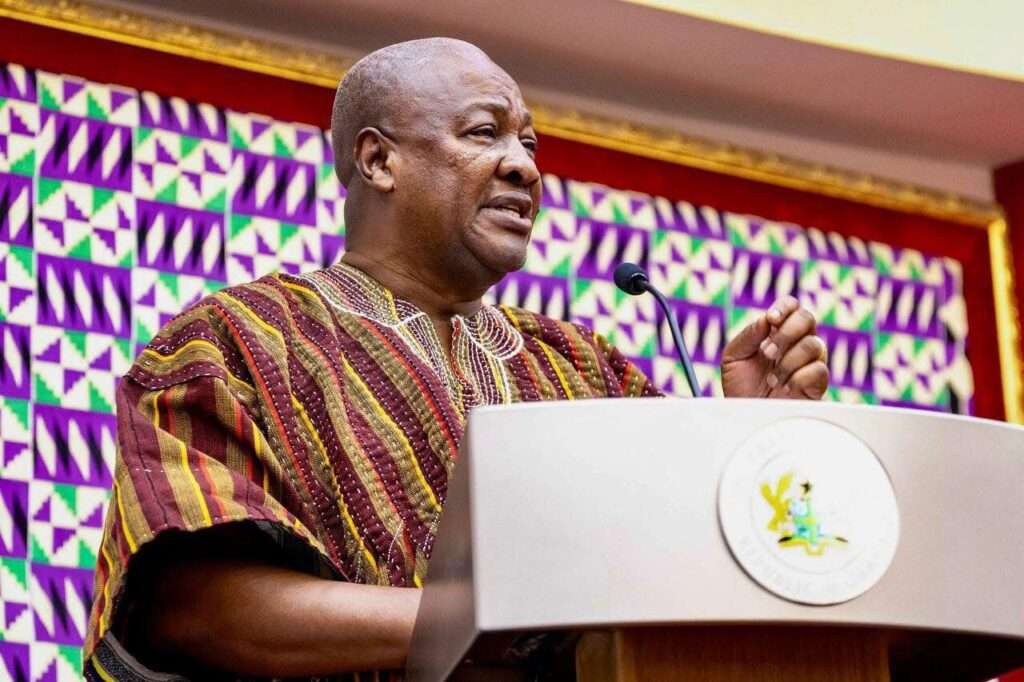
President Mahama has emphasized the need to build a resilient, financially sustainable energy sector. As part of this vision, he has directed the Ministry of Energy and Green Transition to implement sweeping structural reforms.
The government’s vision is underpinned by a broader strategy to promote domestic value addition, reduce reliance on imported refined petroleum products, and create thousands of jobs across the energy value chain.
The move is expected to attract major investment interest, especially in a region where energy demand continues to grow rapidly. It also underscores Ghana’s determination to assert control over its energy future and reduce vulnerabilities linked to imports and external shocks.
With construction timelines set to commence by mid-2025 and a pipeline of local and international investors expressing interest, the country’s energy outlook is poised for a significant upgrade—one that may well define the next chapter of Ghana’s economic journey.
READ ALSO: Ghana, Czech Republic Deepen Ties with President Petr Pavel’s Visit



